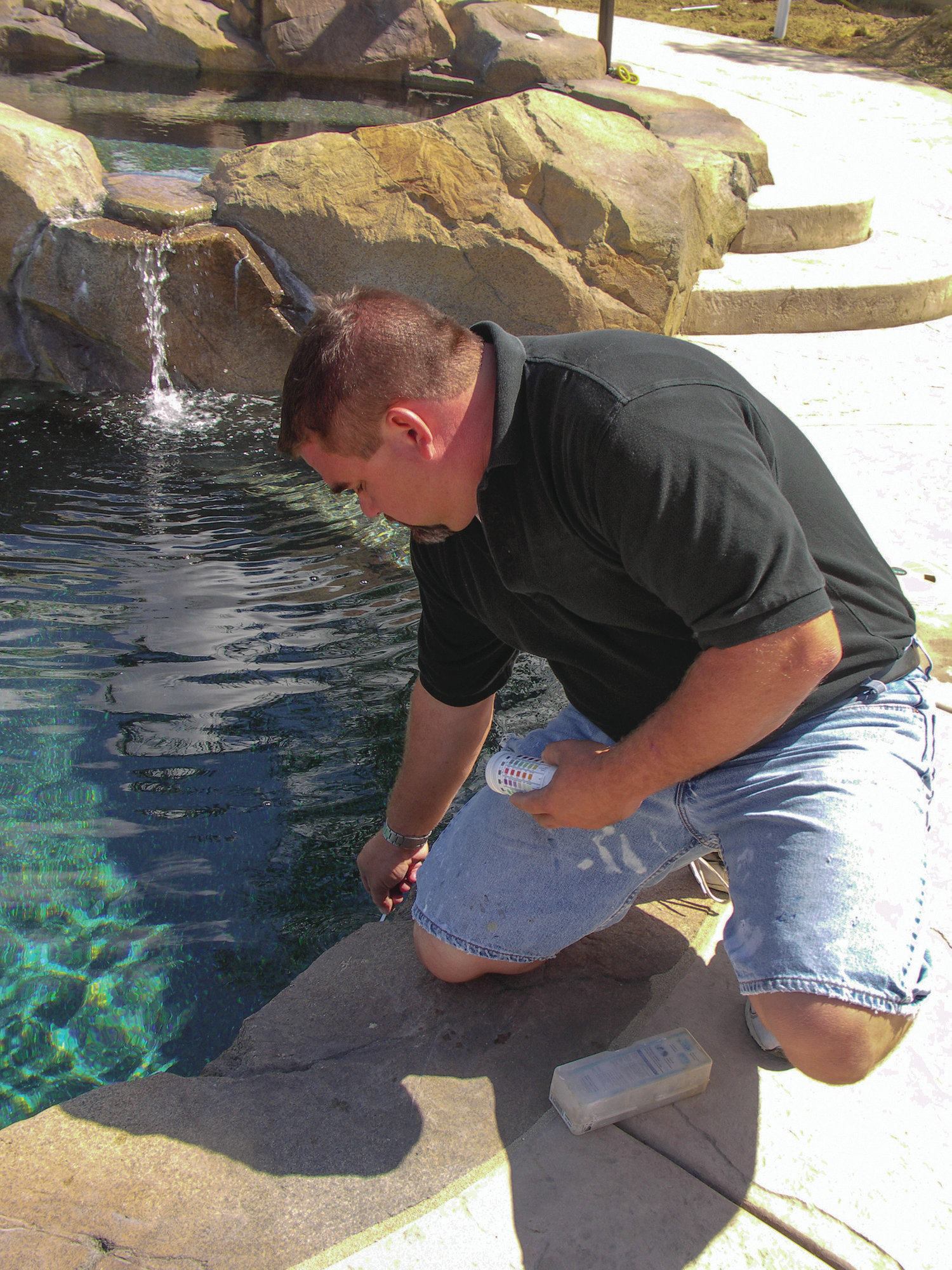A bill that would have required licensing for every pool service technician in Florida came close to passage before going down in defeat.
Currently, if a Florida pool tech cleans pools and adjusts chemistry, and nothing more, he or she is not required to be licensed. The defeated bill would have changed that. It also eliminated a requirement that a tech work for a licensed pool contractor for a year or be a college graduate in a related field before taking a 60-hour class and the license exam. Instead, an additional 20 hours of training would have been required. In this way, techs would not have had to give up their business in order to fulfill the legal requirement of the license.
“I don’t know if we got people to understand the trade — 20 hours of hands-on training substituting for a year of work under another contractor. We’ll be better with that message next time, that it’s really a way for someone to make life economically better for themselves,” said Rep. Larry Ahern (R-Seminole), who introduced the original bill.
There have been efforts in the past to get similar bills through the legislature, but none got nearly as close to passage as this year’s effort.
“We have gone farther this year than in the 14 years I’ve been with Florida Swimming Pool Association talking about this bill,” said Dominic Montanaro, president of FSPA’s Space Coast Chapter, chairman of the Pool Industry Political Action Committee and owner of M&M Pools in Satellite Beach. “We’ve made great partners of a lot of the legislators in Florida because they understand it. They realize the system is broken. Technology has grown in the past 21 years since the licenses were deregulated.”
The bill took a labyrinthine route through the Florida Legislature. Companion bills were introduced in the House and Senate and moved through the committee process. As the legislative session wound down, other building-related bills were attached to the Senate version of the pool bill. However, the provision that would make licensing mandatory for pool techs was opposed by members of the House, who proposed language that would make licensure optional. At that point, the pool bill’s backers cut their losses, removing the pool language so the other building regulation provisions, including some that would help fight unlicensed contractors, would be able to get a vote.
“When it came down to letting the whole boat sink or take our stuff off, it was a hard situation for FSPA,” said Jennifer Hatfield, FSPA’s director of government and public affairs. “We didn’t want to lose the unlicensed activity provisions in the bill that would help the entire construction industry, including pools. We didn’t want to lose our priority issue, but the writing was on the wall.”
The session was not a total washout for the pool industry. In addition to the money to fund investigation of unlicensed contractors, a bill passed that would exempt the installation of energy-conserving devices such as solar water heaters from being counted in a home’s assessment for property tax purposes. Also, a budget line of $250,000 was approved to finance stings and sweeps against unlicensed construction. That’s in addition to money appropriated for the unlicensed activity department for all such investigations.
And FSPA isn’t giving up on its hopes for licensing for all pool technicians. “We’re going to be able to put together more information that legislators are looking for,” Montanaro said. “They’re looking for health concerns from people who have been injured. It gives us the opportunity to put together a better package next time around.
“We’re going to come back. It’s just a matter of time.”




